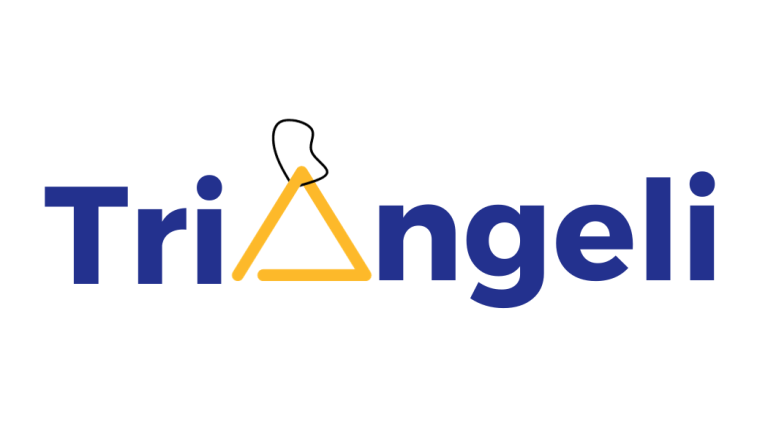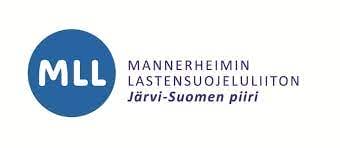
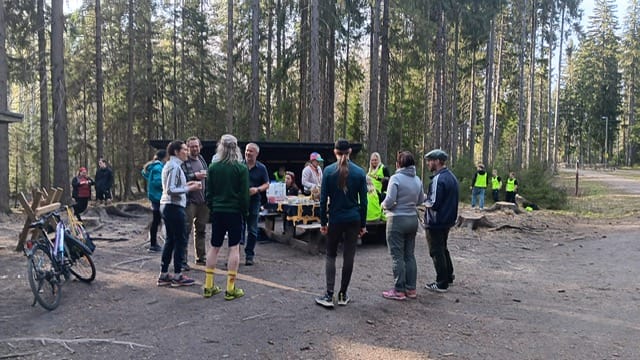
Triangle
Building Youth-Orientated Family Cooperation in Education Institutions
The Triangle aims to increase young student’s support from their loved ones in their secondary education, specifically during the transition from upper comprehensive school to second-level studies.
Even the young one is part of the family!
What is Triangle?
The Triangle is an interactive entity comprised of 1) young people, 2) guardians and other close ones, and 3) educational institutions. In the project youth work strengthens the tirangle’s functionality and orientation towards youth and young people
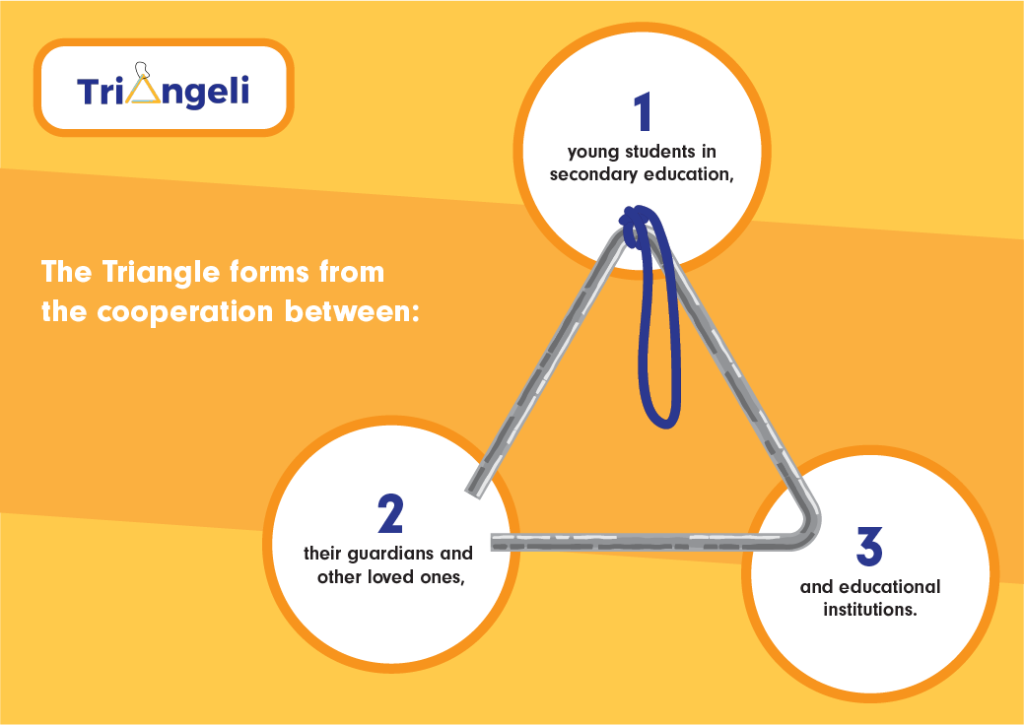
Key outcomes of the Triangle project
- Young people define the important persons and meaningful support for them. * Contact person: Helinä
- Support for young people moving away from home for studies strengthens inclusion. * Contact person: Antti
- Outreach guardian work finds new ways to engage guardians and close ones in collaboration. * Contact person: Hanna
- An event series disseminating results builds youth-centered practices and a youth-friendly society. * Contact person: Saara
Why are we doing this?
The weakening of communication between young people and parents is evident in nationwide school health surveys, reflected in the responses of both lower secondary and upper secondary students. The results of the Parents’ Barometer conducted by the Parents’ Association recommend strengthening collaboration and communication between home and educational institutions at the upper secondary level. The expansion of compulsory education also places new demands on guardians.
The polarization of well-being is visible in parenting, with well-off families using services and participating more actively in cooperation with educational institutions. Youth-centered development measures are needed to better address the needs of the young people who require the most support. The diversification of family structures and the multi-locality of families challenge us to ask who can provide support to young people during their studies and whether these individuals have been inclusively invited to cooperate with the educational institution. Additionally, what kind of support is important to young people as defined by the young people themselves?
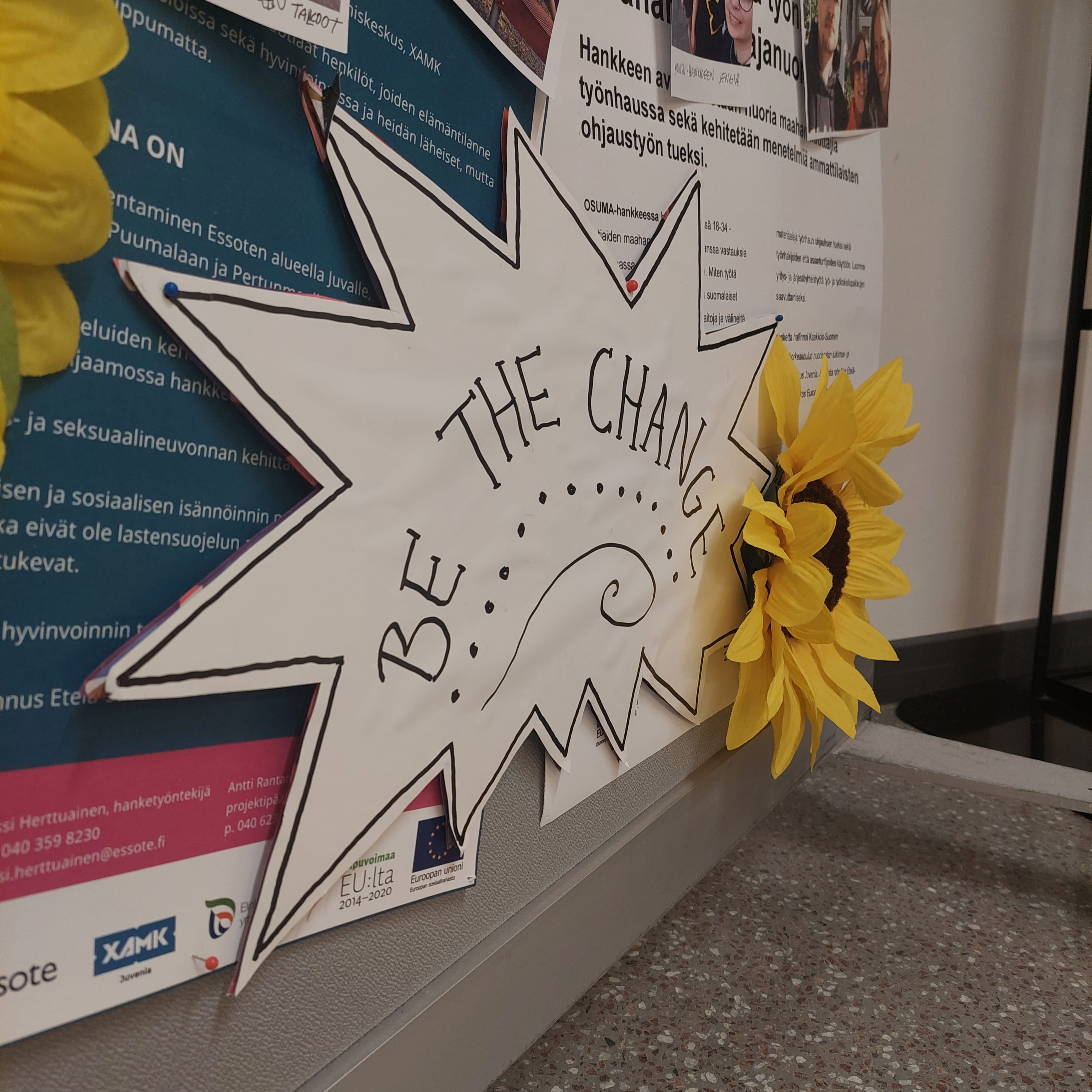
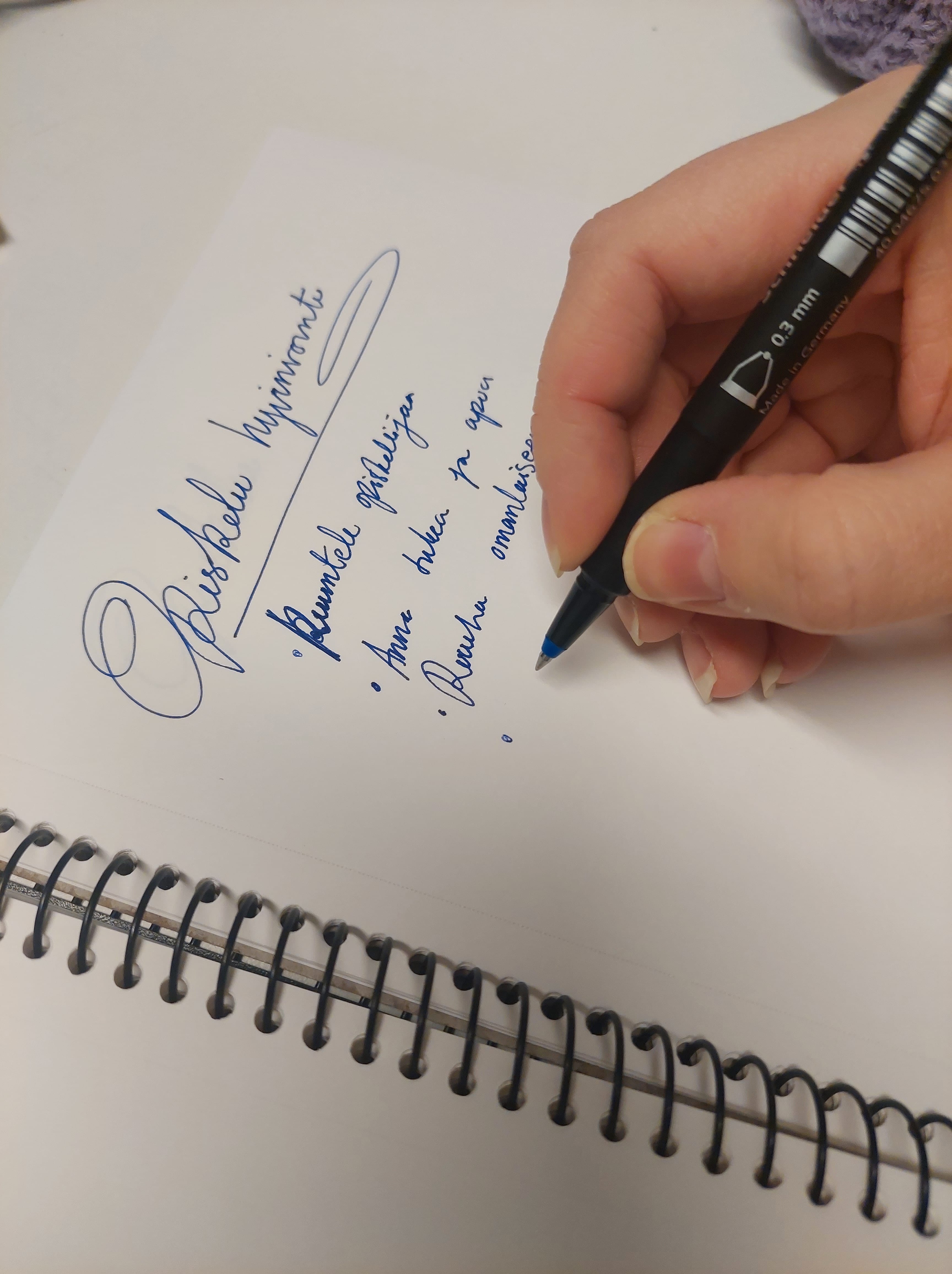
Involved in collaboration
The project is a partnership project between Xamk’s Juvenia and the Lake Finland District of the Mannerheim League for Child Welfare, funded by the European Social Fund under Operational Programme 4.
The collaborating partners are:
- Etelä-Savon ammattiopisto Esedu
- Mikkelin lukio
- Mäntyharjun lukio
- Itä-Savon koulutuskuntayhtymä, ammattiopisto Samiedu
- Savonlinnan lyseon lukio
- Suomen Nuoriso-opisto Paukkula
- Etelä-Savon nuorten palveluverkostot
- Juvan kunta
- Pertunmaan kunta
- Sulkavan kunta
- Saku ry
- Suomen Lukiolaisten Liitto
More information about our project on the Finnish pages
Facts
Triangle – Building Youth-Orientated Family Cooperation in Education Institutions
Info
Budget
Project partners
